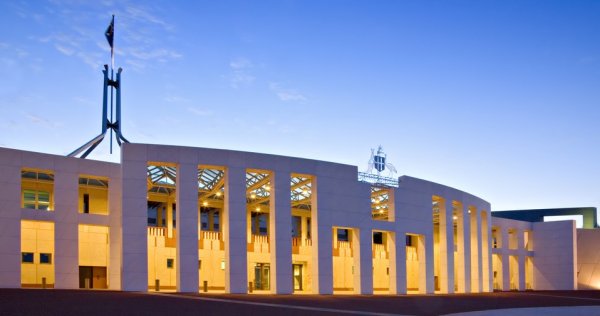The fate of the federal government's proposed reforms to cut spending on the R&D Tax Incentive is unlikely to be resolved before the election.
The Coalition has proposed a range of reforms to the popular program that are budgeted to reduce federal support to R&D activity by around $2.4 billion.
The proposed reforms include a cut in the benefit provided under the program, with a limited exemption for investment in clinical trials, and the introduction of a new 'intensity' test.
The life sciences sector has opposed the reforms, led by AusBiotech, Medicines Australia and BioMelbourne Network. They argued the negative impact was significant. They also highlighted the risk of unintended consequences given the government did not evaluate the impact of the reforms on R&D investment.
A parliamentary inquiry led by government Senator Jane Hume recommended the Senate "defer consideration" of the changes "until further examination and analysis of the impact" are undertaken.
Treasurer Josh Frydenberg publicly confirmed the government would accept the recommendation to defer while it undertook further "technical refinement" of the reforms.
The timing of the election means any further "refinement" will likely be a matter for whoever wins the election. The Labor opposition has said it will "preserve" the R&D Tax Incentive.
If the election is held in May, as expected, there are probably only seven parliamentary sitting days before it is called. This includes Budget and only three Senate sitting days.
